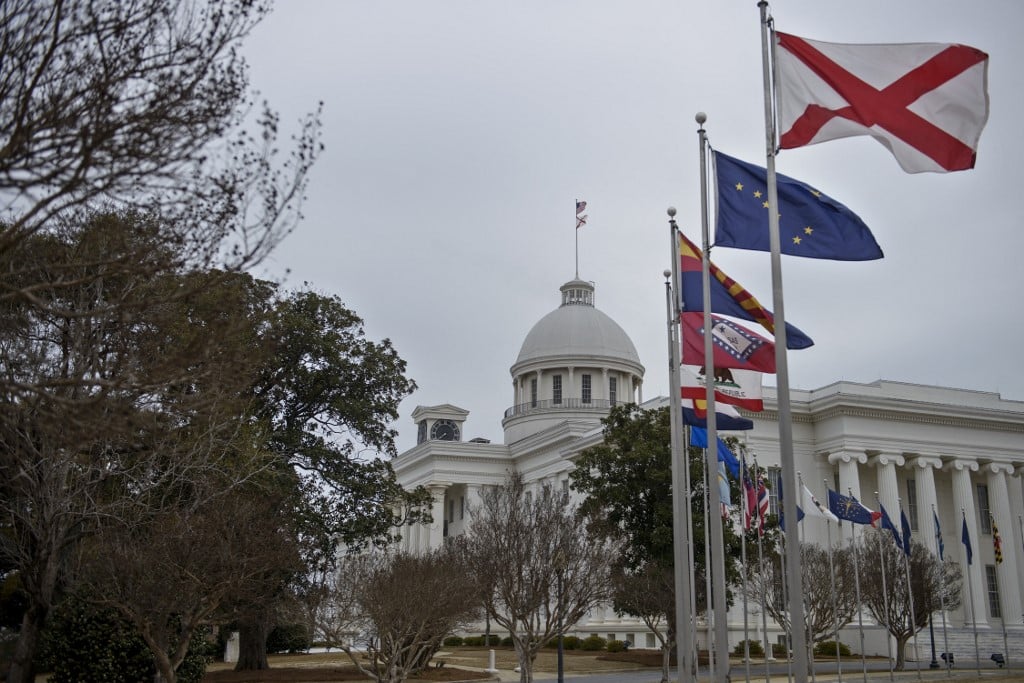
Two gaming packages emerged from the Alabama House and Senate but because they were starkly different, an attempt at a compromise has been made. However, the chances that a solution agreeable to both parties can be reached remains doubtful.
House Passes Sweeping Gaming Legislation
Alabama is one of only five states in the nation without a state lottery and the closest things to gambling are dog racing and electronic bingo. However, the House passed a pair of bills, HB 151 and HB 152, that would transform the state’s barren gaming landscape into fertile soil, which would bring jobs and revenue to the Heart of Dixie.
Governor Kate Ivey publicly expressed her support for gambling in a State of the State address on February 6th of this year when she said, “I believe the current proposal being contemplated by the Legislature is good for Alabama, and I will be carefully watching it move through the process. It will crack down on illegal gambling, and it will responsibly regulate limited forms of legal gaming, including a statewide lottery. Thank you to House Speaker (Nathaniel Ledbetter) and his leadership team for their hard work on this.”
The House bills that were passed encompassed everything from a state lottery to online sports betting, as well as licenses available for the creation of 10 casinos. Ultimately, the people of Alabama would be the final arbiter regarding any gaming bill that is passed, as a referendum would be voted on at the ballot boxes.
Senate Rebuke
After the Senate reviewed the House’s bills, the Senate passed their version with several drastic amendments. Sports betting was nixed but a state lottery was included in the Senate version as were casinos. However, in the Senate bill, the number of casinos was decreased to only three and the Poarch Band of Creek Indians would be granted a monopoly on slots and table games in the state.
Representative Chris Blackshear, the sponsor of the bills that won approval in the House but were gutted by the Senate, expressed his disappointment with the severity in which his bills were revised.
“They had it for three weeks, we worked on it for 15 months, and I think there are some details we can provide to them that may help them understand why we sent the package that we did to them,” said Blackshear.
Nevertheless, he did express optimism that a compromise could be reached with the upper chamber, saying, “I think we’ve got to identify what that middle ground is first because it’s such a distance between the two. They’re not even close bookends. So, we’ve got to first off establish what that middle ground looks like and then have those conversations.”
Compromise Committee
The compromise that this committee seeks will be a formidable task. The outcome will hinge on cooperation between the two sides and crafting a bill palatable to both sides. However, if a solution is unattainable, then it will go back to the proverbial drawing board for more discussion in 2025.
However, should a compromise be reached, it would have to be passed by three-fifths of both the House and Senate with the former needing 63 of 105 members voting yes, while the latter would require 21 of 35 members to pass the bill before it would go to the voting public.
There is also an ancillary hurdle to climb, which would be winning the support of the Poarch Band of Creek Indians and operators of the state dog tracks, both of whom would be seeking a cut of this expanded gambling legislation in whatever form it manifests.






